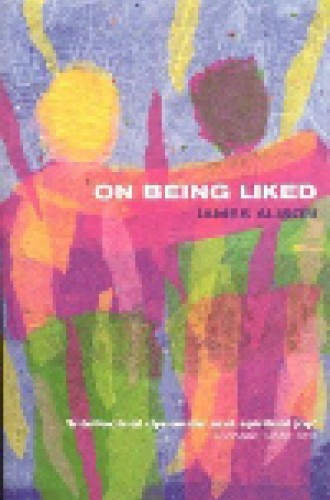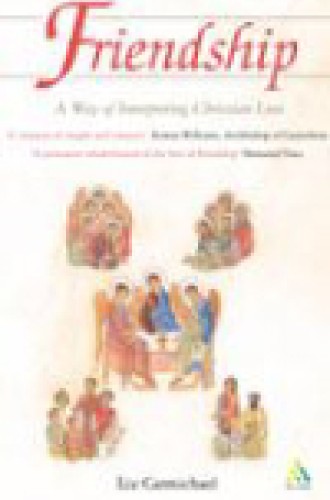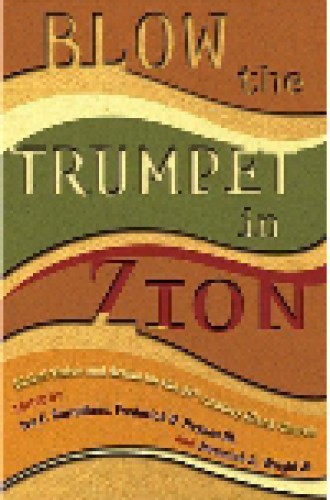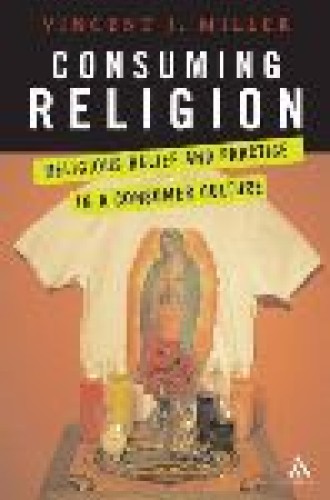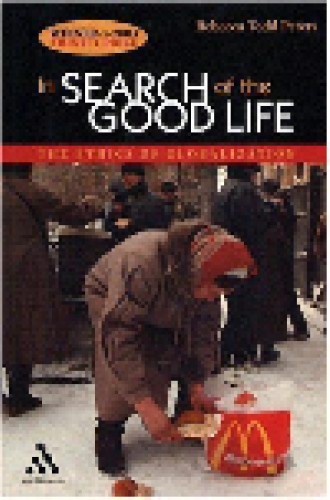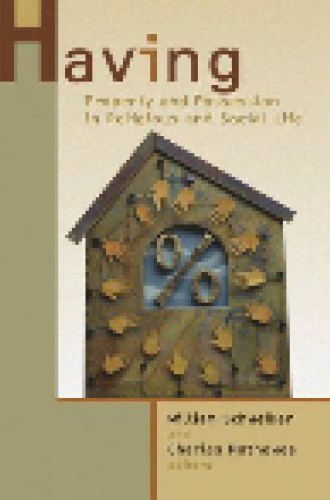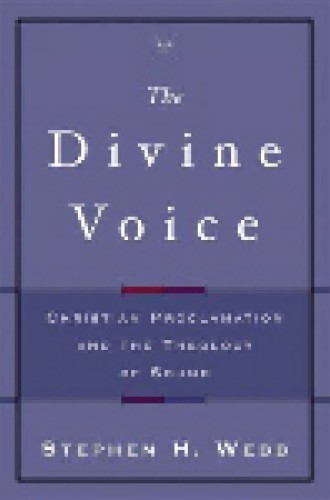Take and read
Picking up where he left off in Faith Beyond Resentment, Alison, a Catholic priest, continues to expose the subversive potential of the gospel message, especially regarding the situation of gay Christians. In three sets of essays he rejects a patronizing Christian love that does not include liking the persons concerned. In Christ, “we discover ourselves as liked—not only loved—in the eyes of God,” and this unbinds our conscience and frees us to be active participants in God’s remaking of the world.
Drawing on both the classical theological tradition and her own experiences in South Africa in the waning days of apartheid, Carmichael explores Christian love in the context of friendship, which she reclaims as a significant theological category. She sees genuine human friendship as an expression of our friendship with God, and she argues that this theological orientation helps us avoid possessive love on the one hand and disinterested or even uninterested altruism on the other.
All churches can find reinvigoration in these essays by an impressive array of African-American scholars and church leaders. James Cone, James Forbes, Jacquelyn Grant, Dwight Hopkins, Vashti McKenzie, Renita Weems and Gayraud Wilmore were participants at the first Samuel DeWitt Proctor Conference in 2004, which was established to reinvigorate the social-justice agenda of America’s black churches by drawing on the prophetic potential of black theology, preaching and evangelism.
Mangina opens up interesting ecumenical and interfaith angles on Barth by bringing the famous Reformed theologian into dialogue with George Lindbeck and Robert Jenson (Lutheran), Henri de Lubac (Roman Catholic), Stanley Hauerwas (Methodist) and Michael Wyschogrod (Jewish).
Every North American pastor faces the threat that “church” will become just one more consumer product to be marketed and consumed. Miller gives a theological critique of religious commodification, proposing strategies for stemming the cultural erosion of religious communities and cultures and for encouraging churches to be spaces for critical discussion and creative agency.
In this 2003 recipient of the Trinity Prize, Peters presents four divergent perspectives on globalization and offers a critical look at each one’s vision of what constitutes “the good life.” She concludes with proposals for a more morally accountable and responsible form of globalization.
In this stimulating collection of essays an ecumenical range of biblical scholars, ethicists and theologians confronts the deep theological and cultural issues surrounding property and possessions. Substantial guides for further reading are included.
This Christian “acoustemology” puts sound at the center of Christian faith. Reminding theologians, homileticians, voice specialists and ethicists that the Bible is an oral document, Webb challenges them to probe various liturgical, ethical and cultural implications of the primacy of sound in Christian revelation, worship and mission.
The deeply Catholic writer Flannery O’Connor is justly admired for her theological reading of 20th-century southern culture, a reading that did not flinch from the social issues of race and class or the grotesqueries and cruelties of ordinary human lives. For this fine study Wood has judiciously selected from her stories and novels to bring out Protestant themes of sin and grace.


